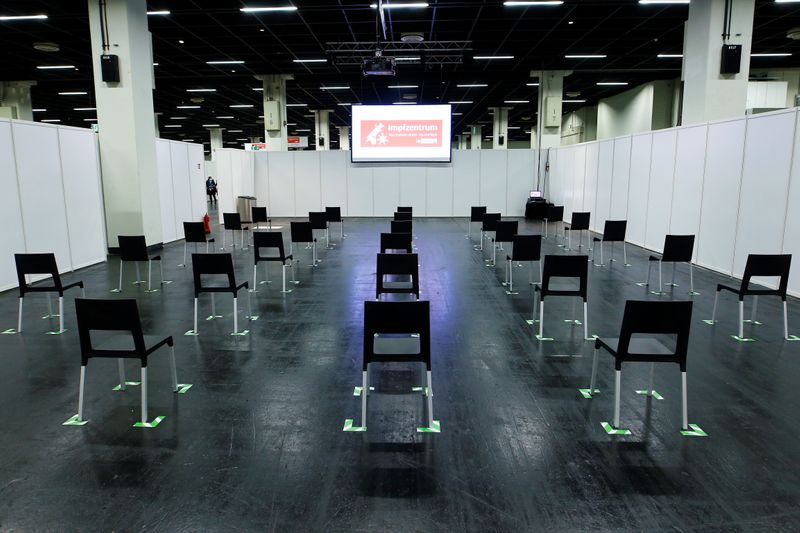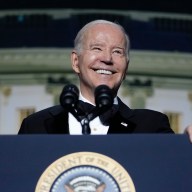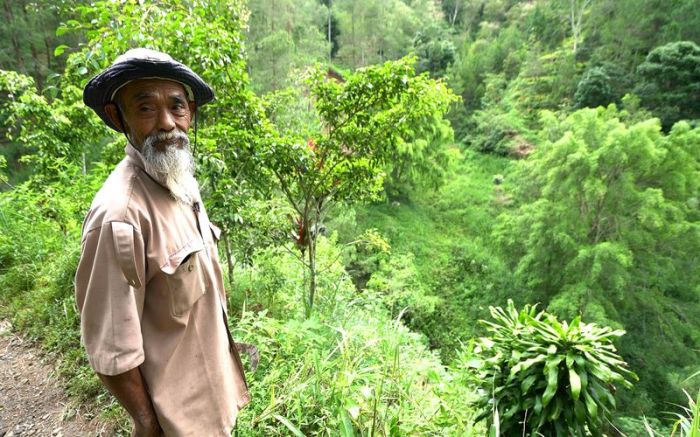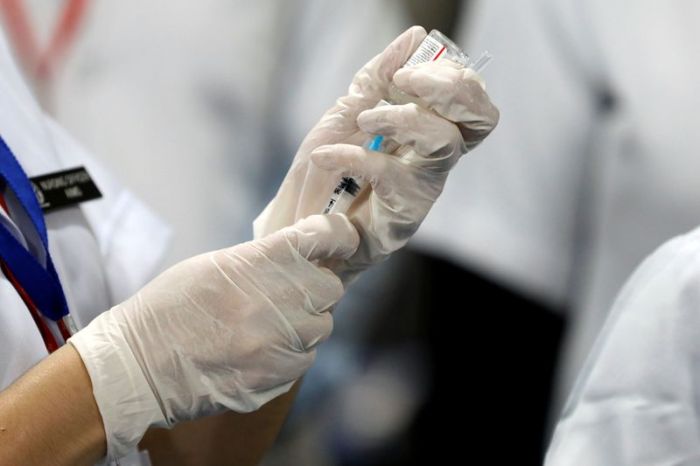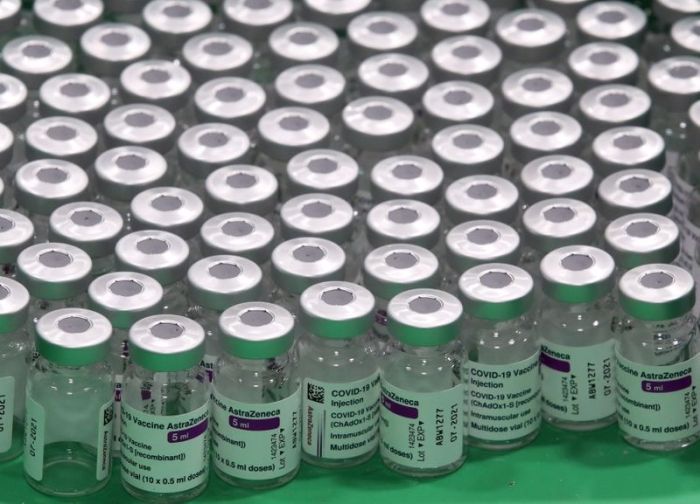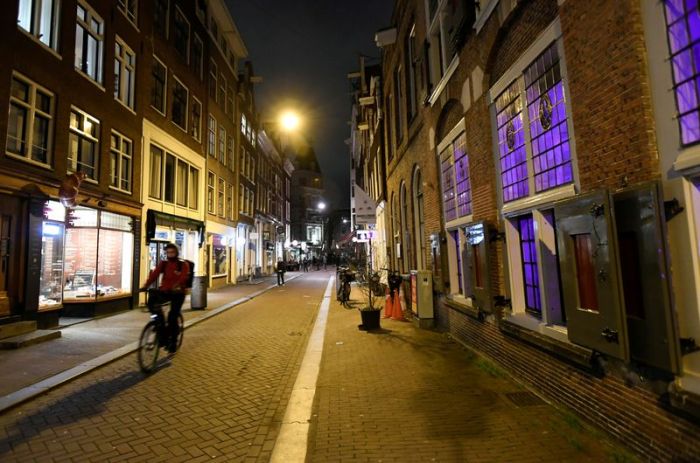BERLIN (Reuters) – Germany will supply general practitioners with vaccines and deliver additional doses to regions on the Czech and French borders as it seeks to get its campaign back on track following a three-day pause in using the AstraZeneca shot.
“The motto is ‘vaccinate, vaccinate, vaccinate’,” German Chancellor Angela Merkel said after a meeting with the leaders of Germany’s 16 federal states.
Case numbers have been rising in Germany, driven by an easing of restrictions in recent weeks just as a more transmissible variant of the virus has spread, underlining the need to accelerate vaccinations to protect the vulnerable.
The suspension of the AstraZeneca vaccine was the latest hurdle in Germany’s vaccination campaign, which has been plagued by delivery delays and news reports of side-effects. As of Friday, just 8.5% of the population had received a first shot, far behind other countries like the United States and Britain.
“I think we have a good chance of offering a vaccine to every resident by the end of the summer,” Merkel said, adding: “I would get vaccinated with AstraZeneca.”
Health Minister Jens Spahn earlier on Friday warned that vaccinations alone would not be able to contain the third wave of the pandemic as there are not enough doses, and said restrictions that were lifted may have to be reimposed to contain the spread of the virus.
“The rising case numbers may mean that we cannot take further opening steps in the weeks to come. On the contrary, we may even have to take steps backwards,” Spahn said.
Merkel and the state leaders are due to meet again on Monday to discuss extending a lockdown that has been in place since mid-December, as well as a reversal of plans to gradually re-open the economy.
Rising incidence figures meant Germany would have to make use of its “emergency brake,” a fail-safe under which restrictions will be reintroduced if an area registers more than 50 new infections per 100,000 inhabitants within seven days.
“The situation is becoming very difficult,” Merkel said.
“We have exponential growth … So it is good we had agreed on an emergency brake and unfortunately we will have to make use of this emergency brake.”
YOUNGER WOMEN
Germany resumed administering AstraZeneca jabs on Friday, with state leaders saying they were ready to quickly catch up on lost time.
The premier of the southwestern German state of Baden-Wuerttemberg, Winfried Kretschmann, 72, received an AstraZeneca vaccination Friday, in a move to shore up confidence.
But Bodo Ramelow, the premier of Thuringia in eastern Germany, said he would not advise his wife, who needs to use blood thinners due to a risk of thrombosis, to get the AstraZeneca shot although he would do so himself.
In Germany, eight people were diagnosed with cerebral venous sinus thrombosis (CVST) within about two weeks of being vaccinated. They were among the 1.6 million recipients of the shot as of Wednesday, with CVST cases higher among women.
Spahn said earlier he hoped vaccinations could take place in doctors’ practices from April 19 at the latest, but warned that supply would remain restricted.
Germany expects to receive 15 million doses of the AstraZeneca vaccine in the second quarter, a few million fewer than initially expected, he said.
Spahn also spoke out in favour of signing a supply deal for the Russian Sputnik V vaccine for COVID-19, but said there needed to be greater clarity on the quantities available.
Merkel said Germany would consider a national order of Sputnik, though she would prefer European Union-wide procurement.
(Additrional reporting by Paul Carrel; Writing by Caroline Copley and Maria Sheahan; Editing by Paul Simao, Aurora Ellis and Kirsti Knolle)

